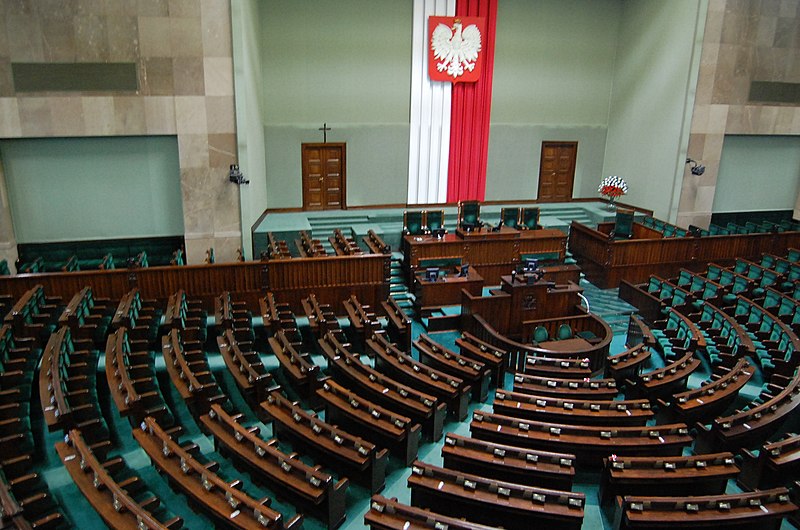
In Poland's general election, the right-wing populist Law and Justice party (PiS) is projected to win the most seats, according to an exit poll. However, it is unlikely to secure a third term in
office. The Ipsos poll indicates that PiS is set to receive 36.6% of the vote, with the centrist opposition garnering 31%.
If these results hold true, Donald Tusk's Civic Coalition may have a better chance of forming a coalition and ending eight years of PiS rule under leader Jaroslaw Kaczynski. PiS leader Kaczynski acknowledged uncertainty about the party's ability to secure another term in power.
Initial results show PiS in the lead, but these results reflect small towns and rural areas, which are strongholds of the party. A second Ipsos poll reaffirmed the earlier findings. The exit poll results were greeted with jubilation by Tusk and his supporters, signaling a potential shift in the political landscape.
Notably, the election witnessed a high voter turnout, with election officials reporting an estimated 72.9% turnout, the highest since the fall of communism in 1989. Moreover, more 18-29 year-olds turned out to vote compared to individuals over 60.
According to the latest poll by Ipsos, PiS is on track to secure 198 seats in the 460-seat Sejm, falling short of the 231 seats required for a majority. This scenario makes it unlikely that PiS will receive significant support from the far-right Confederation party, which performed worse than anticipated, projected to secure 14 seats.
Civic Coalition leader Donald Tusk views this election as Poland's most significant since the fall of communism and crucial for the country's future within the European Union. Tusk's agenda includes improving relations with the EU and unlocking €36 billion in frozen EU Covid pandemic recovery funds, which were withheld due to PiS's judicial reforms.
If the two exit polls hold, Tusk's party stands a better chance of forming a broad coalition with the center-right Third Way and the left-wing Lewica.
For PiS, the election results are a source of concern, as they suggest a potential loss of 37 seats compared to the 2019 election. The party's leader, Kaczynski, remains resolute in opposing migration and presenting himself as a protector of Polish interests. Regardless of the election outcome, PiS has indicated its commitment to its political vision.
As the exit poll results signal a potential political shift, Poland's support for Ukraine is unlikely to change, given the ongoing conflict with Russia. However, PiS leaders had recently shown signs of wavering to win back voters who had shifted their support to the Ukraine-sceptic Confederation party.
The election witnessed an increased turnout, with long queues forming outside polling stations. Voter sentiment appeared anxious, as many saw the election's outcome as decisive for Poland's future direction.
The outcome of the election will shape domestic and European policy, with an opposition victory likely leading to a "massive reorientation." The immediate goal would be to remove PiS figures from state institutions and public TV.
The election is divided into 41 districts, with a proportional representation system based on party lists. Expat votes also count towards the Warsaw district.
In the event of PiS failing to win a vote of confidence, Poland would have a caretaker government potentially into December. Five parties are set to cross the 5% threshold to enter the 460-seat Sejm, and voters also participated in four referendums, seemingly aimed at mobilizing PiS voters. Photo by Kalinka261015, Wikimedia commons.



































